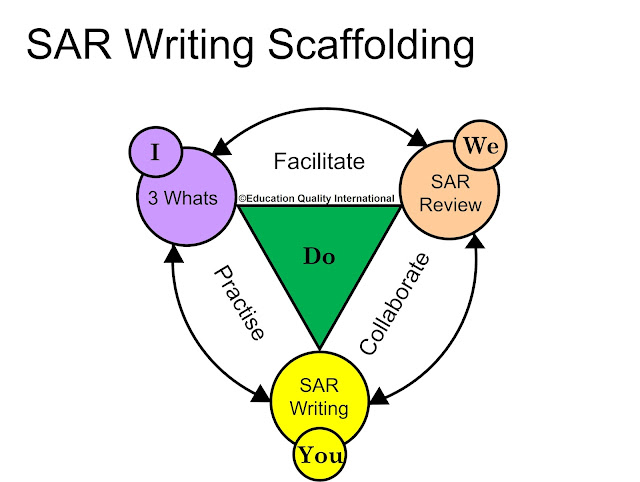Recently, news and articles have been circulating in newspapers, journals and social media about ChatGPT (https://openai.com/blog/chatgpt/), a AI system that generates its own original answers based on all the information it has gathered and learned. Students have been caught using ChatGPT to cheat (https://www.businessinsider.com/chatgpt-essays-college-cheating-professors-caught-students-ai-plagiarism-2023-1. Alarmed by AI's competence, some universities are overhauling their student assessments and some are thinking of banning it all together to uphold academic integrity (https://www.japantimes.co.jp/news/2023/01/18/world/ai-chatbots-alarm/).
Indeed, ChatGPT has raised many uncomfortable questions about teaching and classroom learning as written by Asst. Professor Victor Lim Fei from the National Institute of Education, Nanyang Technology University which was published in The Straits Times (https://nie.edu.sg/about-us/news-events/news/news-detail/chatgpt-raises-uncomfortable-questions-about-teaching-and-classroom-learning). It is amazing that almost 30% of professionals have tried ChatGPT at work as reported by Fishbowl, a social platform owned by employer review site Glassdoor. (https://www.straitstimes.com/world/united-states/almost-30-of-professionals-say-they-ve-tried-chatgpt-at-work?utm_campaign=stfb&utm_medium=social&utm_source=facebook).
Is ChatGPT a threat or an opportunity? Will AI replace teachers? How can educational institutions, content creators and training providers rise over the age of AI?
AI definitely will be a threat to those who simply create learning contents which could easily be reproduced through AI systems like ChatGPT. AI at its current technology is unlikely to replace teachers in two aspects: compassion and passion. The technology has yet to reach a stage to replace the "heart" but not the "mind" of a teacher.
To rise above the age of AI, educational institutions, content creators and training providers need to move beyond contents creation to designing learning experiences. Teachers, facilitators and trainers need to teach what is not there!
Let me share how eqi has transformed itself beyond creating learning content to designing learning experience that facilitates personalised learning for real-world application. The design of learning experience for "Self Assessment Report (SAR) Writing for Successful AUN-QA Programme Assessment" was an example. The first question that we asked our participants was not what they need to know or learn but what challenges and difficulties that they faced in preparing and writing SARs. Empathizing with our participants led us to better understand their needs and designing the training to fulfill them. The integration of ADDIE and design thinking approaches guided us to design personalised learning for real-world application.
A blended workshop with SAR writing scaffolding using "I Do, We Do, You Do" was conceptualised for the SAR writing workshop as illustrated in the diagram below.
This holistic integrated approach creates a unique learning experience for participants to learn what is not there and facilitates the development of key competences to write SARs that are uniquely theirs.








